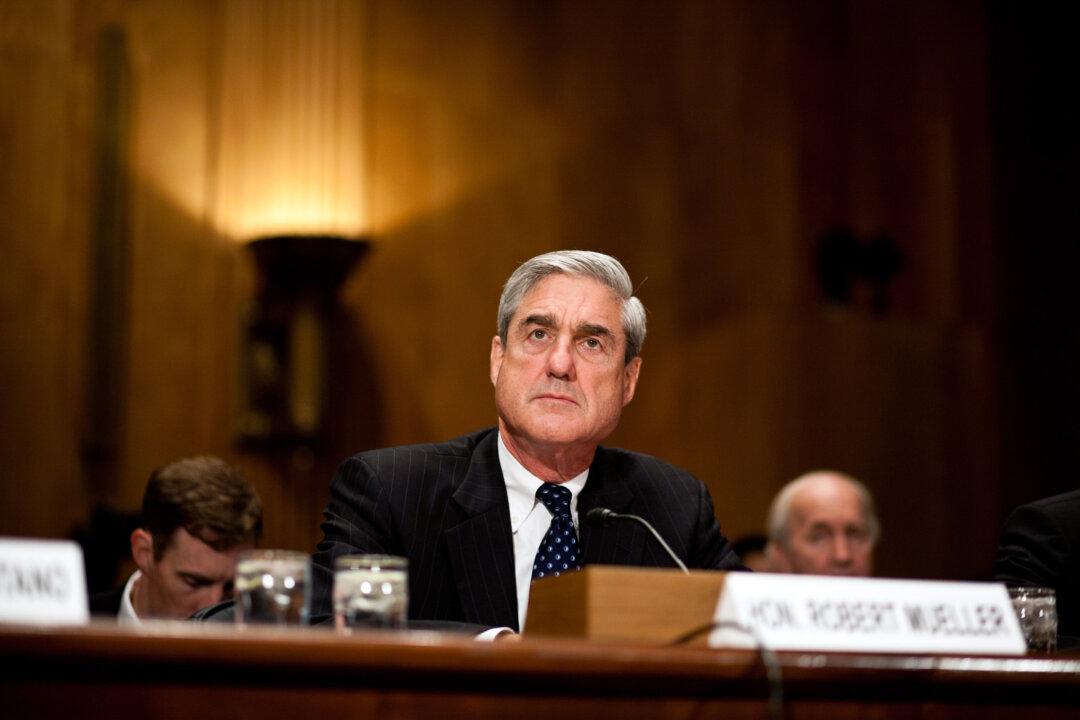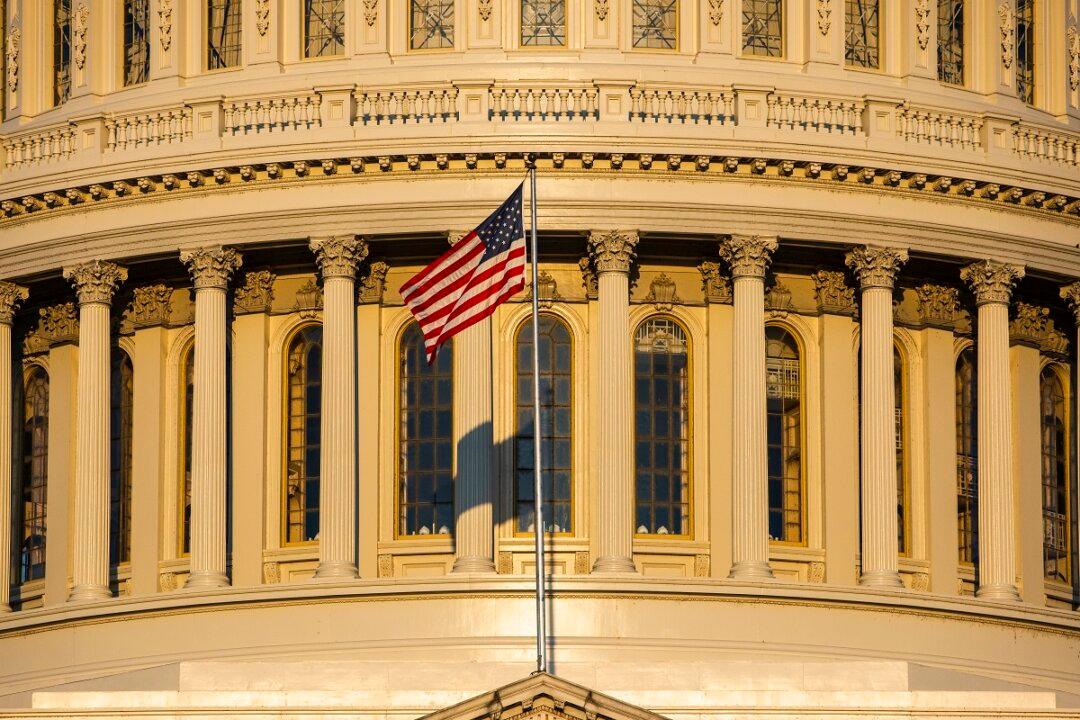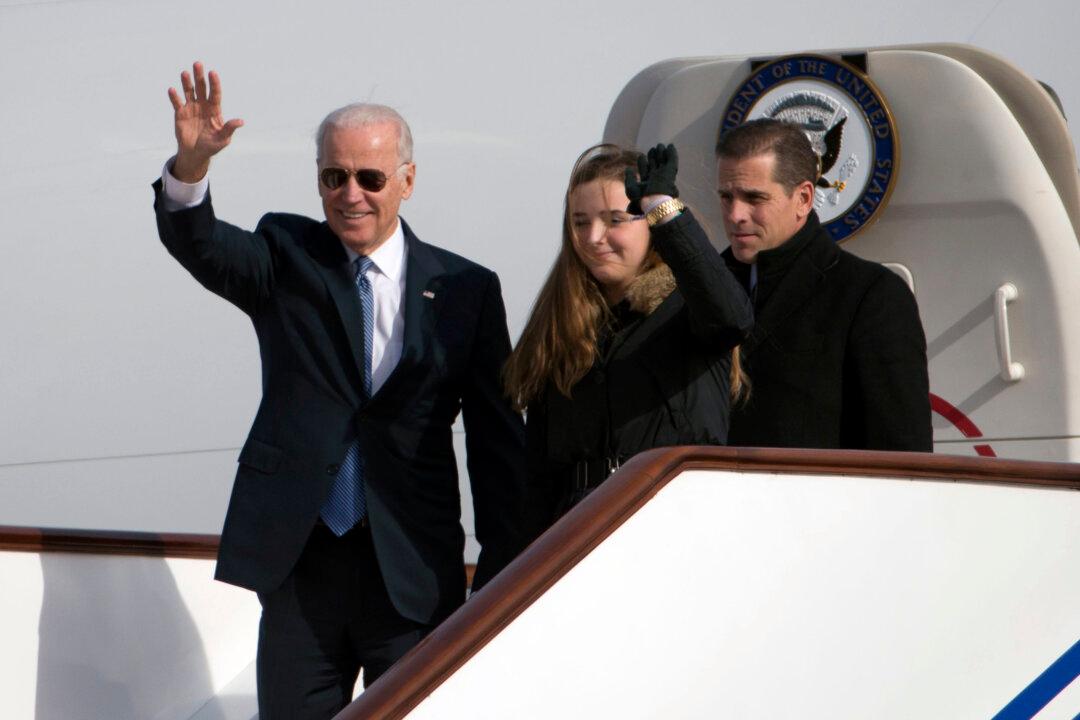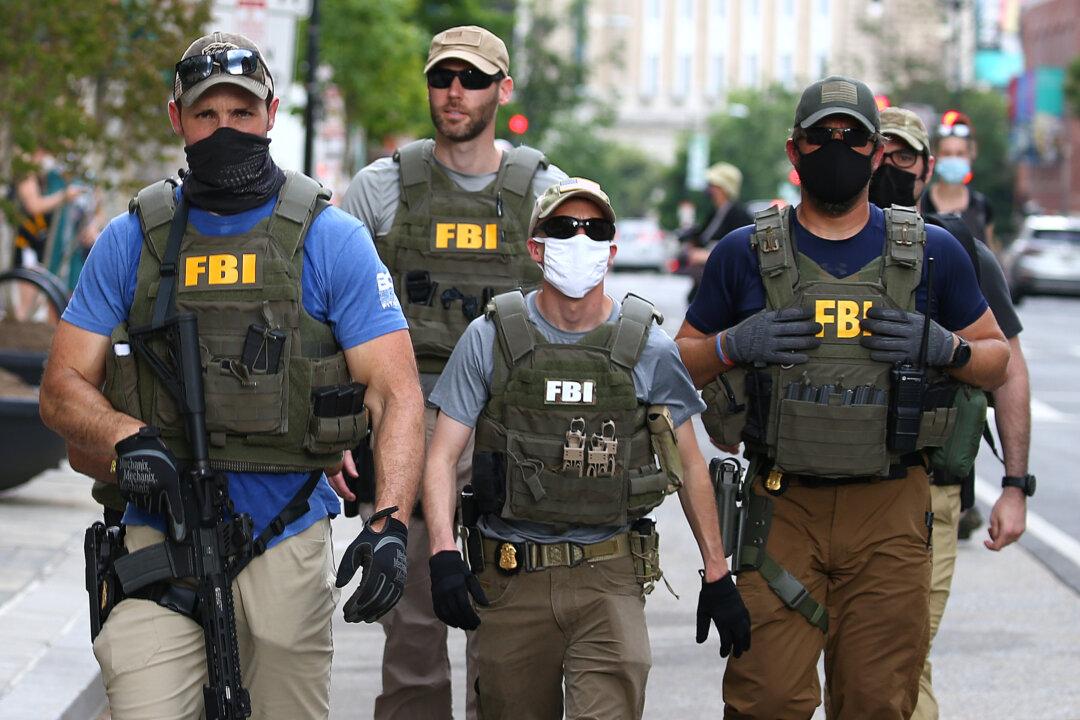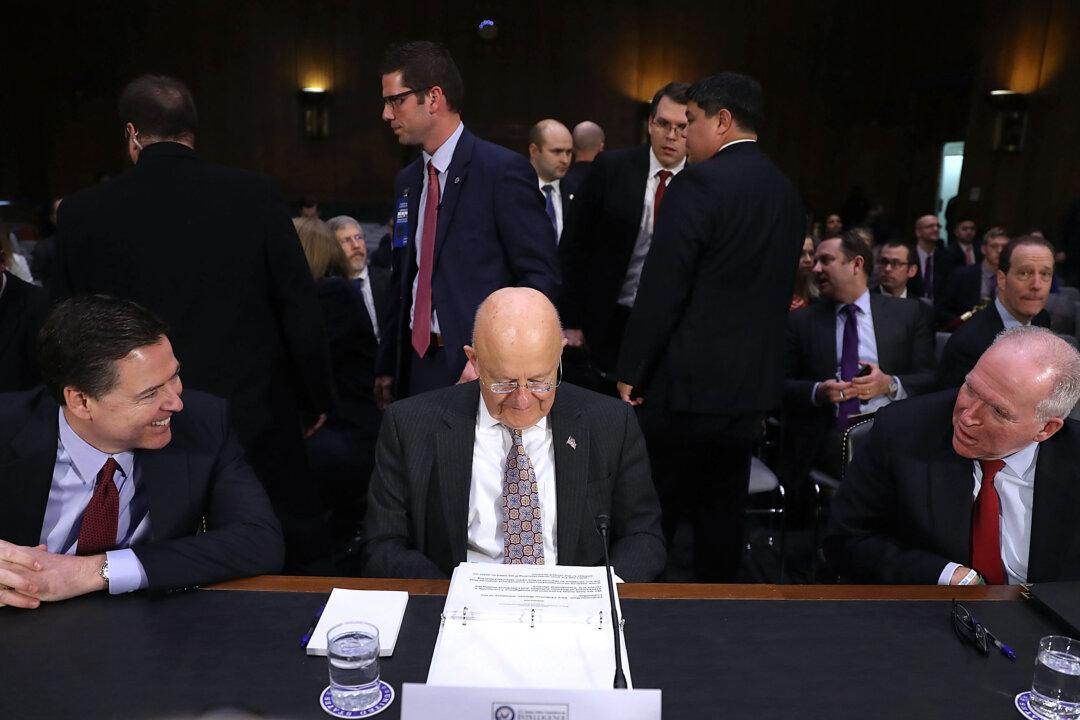Last week, both special counsel Robert Mueller’s office and former national security adviser Lt. Gen. Michael Flynn’s defense team submitted dueling memorandums to U.S. District Judge Emmet Sullivan, who is preparing to sentence Flynn on Dec. 18.
Flynn’s filing brought up the subject of FD-302 forms, which are the official records that FBI agents file following interviews with subjects of interest. In its memo, the defense noted that a 302 form provided by Mueller’s office was dated Aug. 22, 2017, more than six months after the FBI’s interview with Flynn actually took place.
